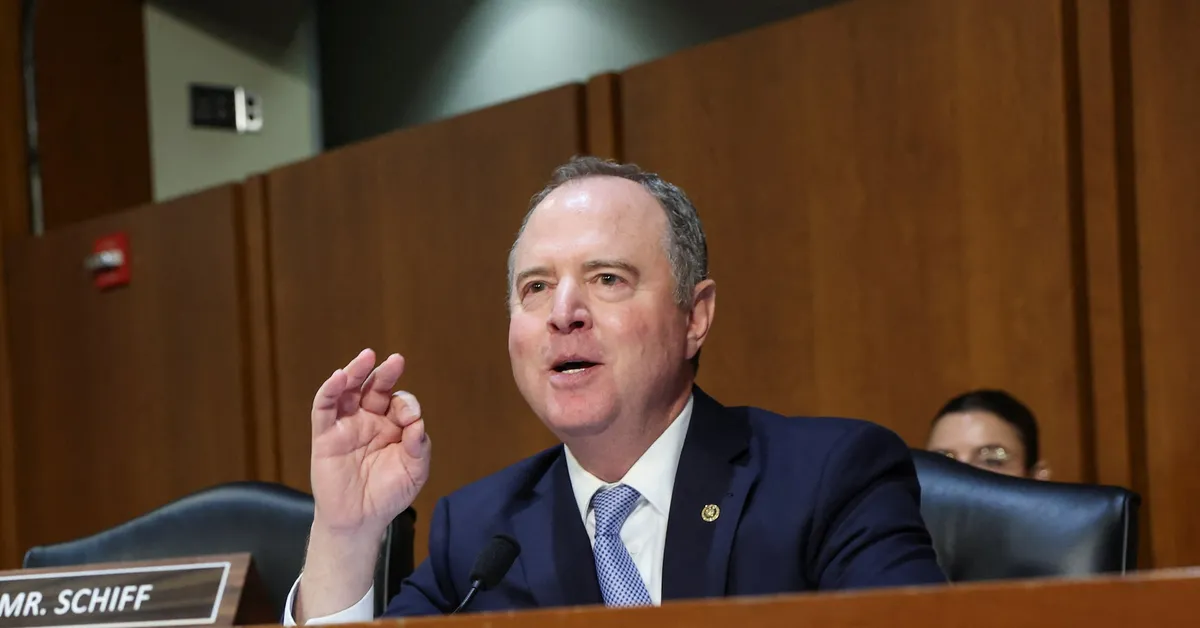
On September 18, 2023, U.S. Democratic Senator Adam Schiff took a proactive step by sending letters to health insurers ahead of a crucial meeting of the CDC's vaccine advisory panel. In these letters, Schiff urged insurers to publicly commit to covering routine vaccines for diseases such as measles and COVID-19, regardless of the panel's recommendations. This move underscores the ongoing debate over vaccine accessibility and health policy in the United States.
Senator Schiff specifically requested that health insurers ensure coverage for routine vaccinations without imposing any out-of-pocket costs on patients. He expressed concern that any alterations in recommendations from the Advisory Committee on Immunization Practices (ACIP) might lack the necessary evidence-based rationale. The push for comprehensive vaccine coverage highlights the importance of maintaining public health through immunization.
The urgency of Schiff’s appeal comes in light of recent announcements from Health and Human Services Secretary Robert F. Kennedy Jr., a noted vaccine skeptic. In May, Kennedy declared that the CDC would no longer recommend the COVID-19 vaccine for healthy pregnant women and children, raising alarms among health professionals and lawmakers alike. These changes have sparked widespread debate regarding the safety and efficacy of vaccines.
The Affordable Care Act mandates that private insurers cover immunizations recommended by the ACIP. Following Kennedy's controversial changes, which included dismissing experienced committee members in favor of those with skeptical views on vaccines, some states have begun allowing pharmacies to follow the guidance of established medical organizations like the American College of Obstetrics and Gynecology when administering vaccines.
In a statement released on Tuesday, the industry trade organization America's Health Insurance Plans assured that health insurers would continue to provide coverage for vaccines recommended by the ACIP until 2026. The committee is set to convene on September 18 and 19 to review critical vaccine recommendations, including those for COVID-19, hepatitis B, and the combined measles-mumps-rubella-varicella vaccines.
Senator Schiff has voiced significant concerns regarding the implications of the recent changes to the committee, noting that the Affordable Care Act was crafted without anticipating such drastic shifts in committee composition. He argued that the new members may lack the necessary expertise to make informed recommendations on vaccines, raising fears about the future of immunization policies in the U.S.
As the CDC committee meeting approaches, the outcome could have lasting impacts on vaccine coverage and public health initiatives. The dialogue initiated by Senator Schiff emphasizes the critical need for reliable vaccine policies and the importance of maintaining access to life-saving immunizations for all Americans.